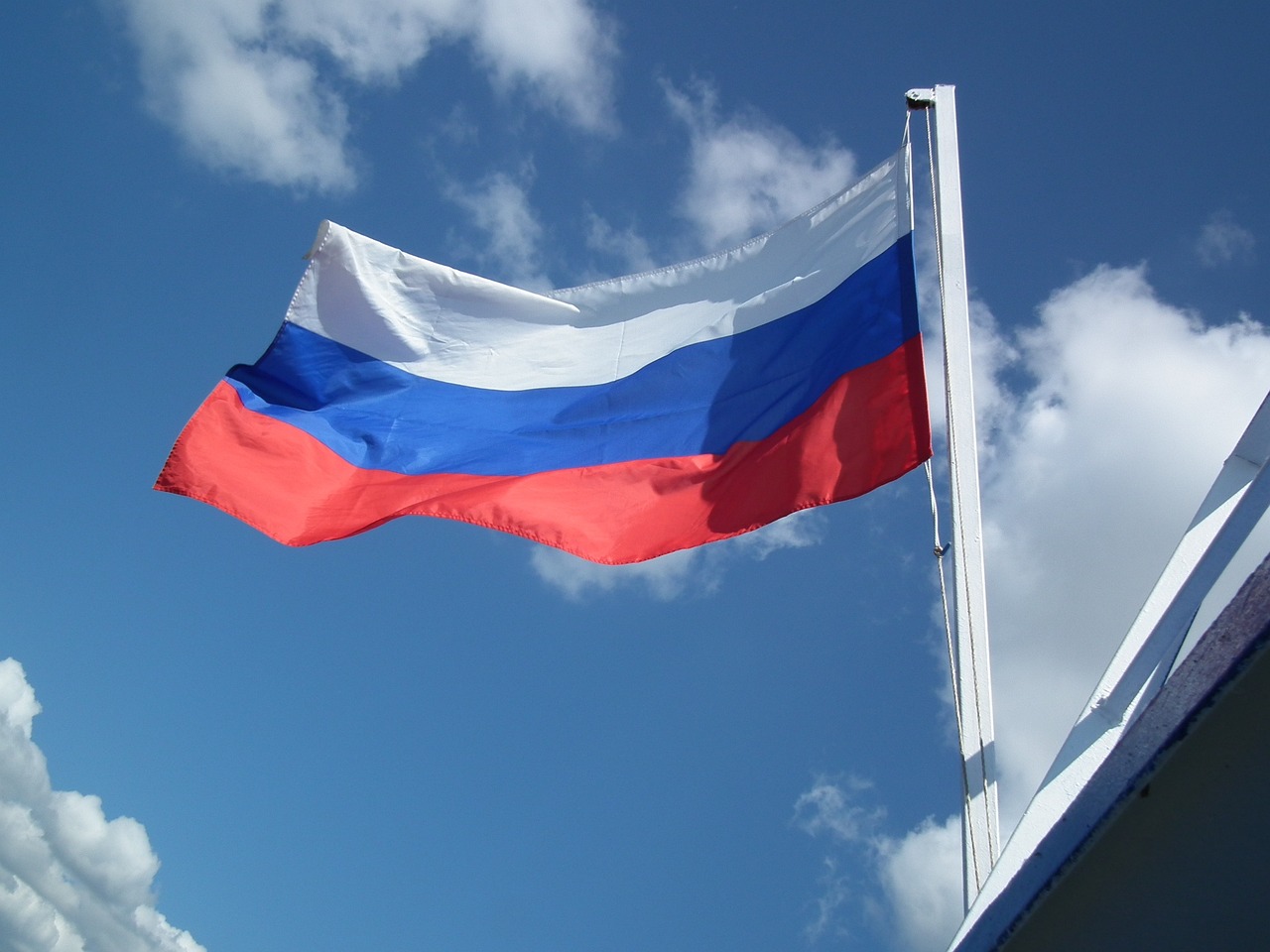A draft law was recently submitted to the Russian parliament, which is aimed at regulating the mining of cryptocurrencies in the country.
It should be noted that the bill in question also proposes the legalization of crypto use in cross-border settlements.
This bill was submitted after the Russian parliament had rejected a bill earlier, which had also aimed at legalizing crypto payments, but domestically.
New Proposal
The new legislative proposal will now be reviewed by Russian lawmakers that will legalize crypto mining activities in the country, as it has significantly grown over the last couple of years.
Anatoly Aksakov, the head of the Financial Market Committee of the parliament, announced the bill and highlighted that the legislation aims at legalizing crypto usage as a means of payment internationally.
He said that the legislation that has been introduced legalizes the process of crypto mining i.e. the process of minting and circulation of cryptocurrencies.
However, he stated that the bill indicates that crypto will only be eligible for use as a means of payment in foreign jurisdictions and not in domestic regions.
The deputy did add that the digital assets could be used in experimental mode to make payments for parallel imports.
He emphasized that it was a step in the right direction because it would ensure the development of Russia’s financial markets.
Sanctions
It is primarily because of the pressure of international sanctions that have resulted in the increased support of the idea of using cryptocurrencies for making cross-border payments.
Nonetheless, most of the government institutions in Russia are still opposed to the idea of legalizing the use of cryptocurrencies like bitcoin to make payments within the Russian Federation.
The liberal New People party had put forward another mining bill that had been rejected because it contained a clause for legalizing crypto payments domestically in Russia.
Better regulation
Last week, the State Duma’s Committee on Information Policy’s deputy chairman, Anton Gorelkin announced the draft law.
He is also a member of the United Russia party and he had noted that the document was significantly more elaborate and could offer better regulation because it reflected the opinions of the Ministry of Finance and the Bank of Russia.
Moreover, Gorelkin had also asserted that the bill in question called ‘On Mining in the Russian Federation’ suggests establishing the foundation of Russia’s crypto infrastructure.
He also said that the legislation is not a threat to the status of the Russian ruble as the only legal tender in the country.
Russian lawmakers have been deliberating for months and are now expected to review another bill named ‘On Digital Currency’, which is aimed at regulating the Russian crypto market more comprehensively.
It is expected to do a better job than the existing law called ‘On Digital Financial Assets’, which does not cover a lot of crypto-related activities, such as crypto mining and trading.
Due to the Russian invasion of Ukraine, crypto use has grown in Russia because international sanctions have cut it off from the global financial system.
